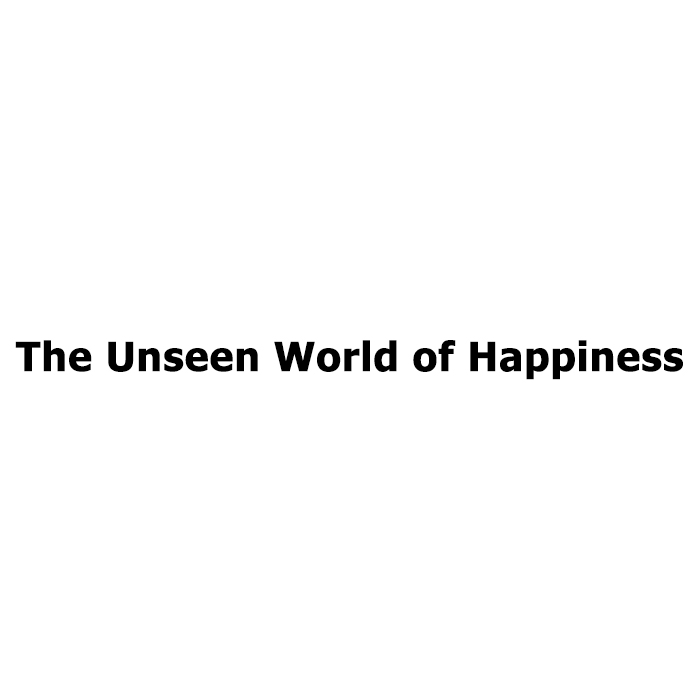I want to be happy. “Happiness” is an absolute value that I must seek in life. But it has always been a subject of yearning and aspiration that exists somewhere else than here and now. So I was not able to fully enjoy the present due to this unquenched desire for happiness, and the “perfect happiness” that I dreamt of was always at absence in my life.
What is the essence of what something in which we call happiness? Why do we wander around incessantly for it?
My work speaks of the limitations of the “meaning of happiness” confined in social structures. Through interviewing a number of people from different countries over the last few years, I realized the resemblance of the definition of “happiness” according to similar environments or communities and started to doubt what I, so far, believed as the “perfect happiness.”
How much can we be free from the eyes and the mindsets of the surroundings? Am I genuinely heading toward happiness for myself? We believe ourselves as “an autonomous agent” that judges and acts by oneself but that freedom and autonomy is considerably restrictive. Just as Lacan stated “Others desire the desire of others,” happiness may not be a desire of an individual as we know it, but merely another promise acquired amongst social structures. As if I am longing for someone else’s life while someone else is trying to live my life.
I speculate that this is one of the fundamental reasons of the modern men’s eternal thirst for happiness.
Thus I have aimed to resolve this using a child searching for happiness and language that is one of the social promises and am depicting in my works the process of exploring and constantly stay vigilant on the possibilities of the true nature of happiness being a fantasy or illusion created from confinements of learned cognition and how incomplete and variable it could be.
